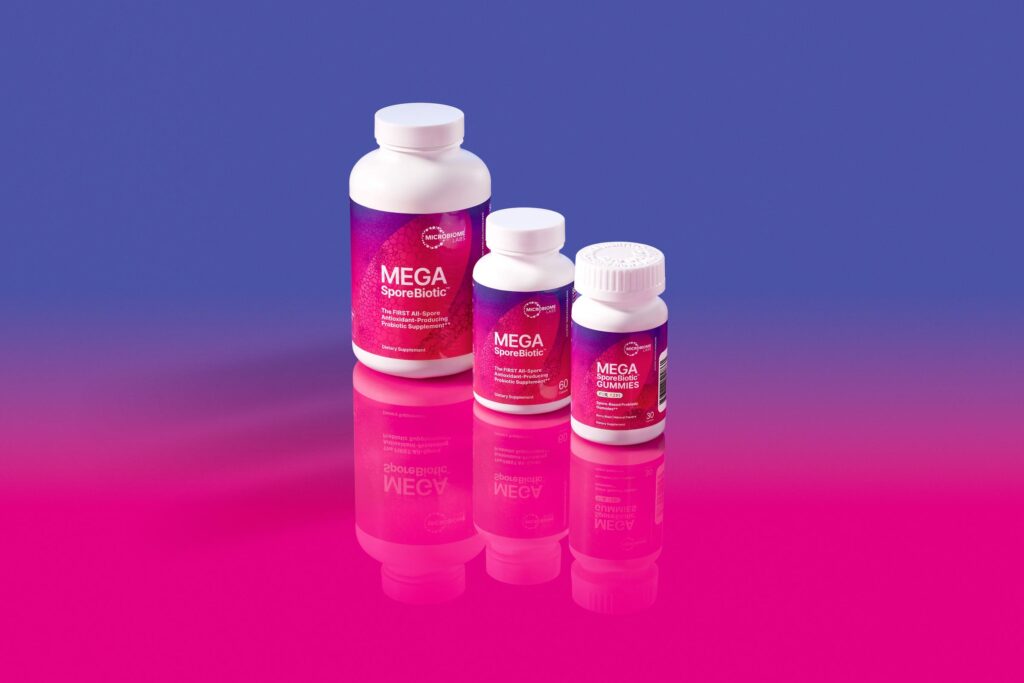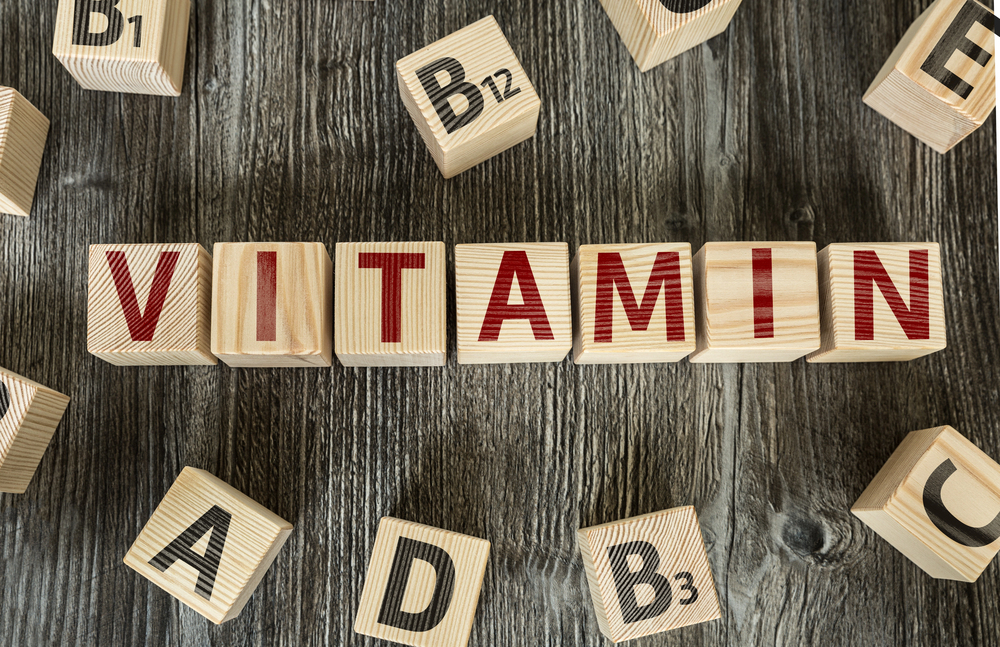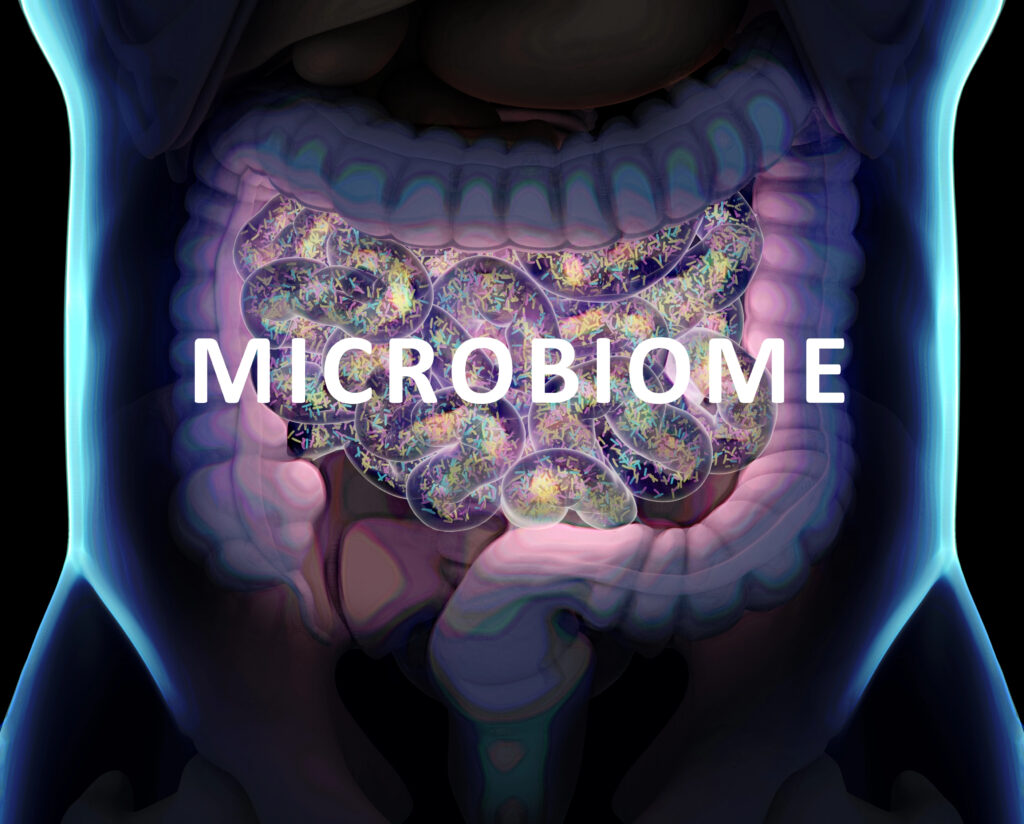Oral Care is an often overlooked, but essential, part of your health. The mouth isn’t just a home for your teeth: disease often enters through the mouth and nasal passages. So keeping these areas free of bacteria and other pathogens can boost not just dental, but overall health. Natural products have a lot to offer for this purpose.
A healthy tooth is a living structure nourished by blood vessels and supplied by nerves. Shock-absorbing periodontal tissue covers the root of each tooth. The base of the crown of the tooth is held in place by gums that are pale pink and do not bleed easily. The enamel that covers the crown of the tooth is one of the hardest substances in the body, and the dentine layer beneath it is softer and contains nerves and blood vessels. These nerves and blood vessels allow sensation and nourish the tooth.
Regular Oral Care
Good dental hygiene consists of brushing and flossing the teeth on a regular basis and regular cleanings by a trained professional. Tongue cleaning, with a specific tongue-cleaning device, is a lesser known but important way of cleaning bacteria from the mouth. Chewy, fibrous, non-sugary and non-acidic foods can also keep teeth healthy. The bacteria that typically reside in the mouth feed on sugar and produce an acid by-product that erodes tooth enamel. Since acids degrade the tooth enamel, excess acids in the diet can also contribute to decay. Thus, foods that contain citric acid can be harmful to enamel if eaten in large amounts. This is why it is not wise to take a chewable Vitamin C on a regular basis without brushing afterward.
Good dental habits can overcome the lack of a good diet, but only for a time. A healthy diet of clean, organic, non-sugary, and fibrous foods is great for your teeth. Oddly, many of the everyday oral care products we use contain sugar, chemical whiteners, sodium lauryl or laureth sulfate, and undesirable preservatives. Paying attention to the foods we eat, the gum we chew, the mints we use, and our toothpaste is integral to dental health.
Xylitol–Secret Weapon for Dental Health?
Dental caries is bacteria in the mouth that acts on the sugar we eat and produces an acid that erodes tooth enamel, exposing the tooth to damage and decay. Caries is the most common reason for tooth decay. While we are not born with Caries in the mouth, most of us have acquired it by casual contact by the age of 18 months. Caries cannot feed on xylitol and thus is unable to thrive in the mouth. Studies have also shown that in the presence of xylitol, bacteria in the mouth and upper respiratory system lose their ability to adhere to the tissues, allowing the natural cleansing process to wash bacteria away. Xylitol is an alcohol sugar with 5 carbons that is used as a sweetener in everything from baked goods to gum and mints. It is naturally found in the body.
Since xylitol tastes very much like sugar it can be used as a sugar substitute in baking, cooking, or even your coffee or tea. Using xylitol is a great way to reduce your glycemic load (it has a GI rating of only 7 versus 68 for sucrose) and thus improve blood sugar control. it also lessens the inflammatory effects of sugar on the body. It has 40% fewer calories than sugar. Xylitol is a suitable substitute when used 1:1 in baking. Unfortunately, larger amounts of xylitol can cause gas and bloating in certain individuals, so you may want to use half xylitol and half raw sugar. Most recipes don’t need as much sugar as the recipe recommends, so cutting the overall amount of sweetener is also a good idea.
If you like to chew gum or use mints, a xylitol-based product is a good options. We love the Pur Gum brand, with its many different flavor choices.
Know Your Toothpaste
Toothpaste may seem unimportant, but as a daily habit, it is important to health. Toothpaste can improve oral health by using ingredients that enhance the condition of the mouth. It comes in direct contact with the mouth, and ingredients are absorbed into the bloodstream. Avoid ingredients like sodium lauryl sulfate, DEA, aspartame, propylene glycol, microbeads, and even fluoride. Fluoride is in the water supply and its use has been questioned multiple times over. No need to have it in toothpaste—it is redundant. Drug store brands may have the above ingredients as well as added sugar, mineral oils, colorants, detergents, and synthetic preservatives.
The following are good ingredients to look for and their benefits:
- Sodium bicarbonate—good old baking soda! It neutralizes plaque acids preventing the build-up of plaque.
- Sea salt—encourages natural saliva production, keeping the gums and teeth strong. Also a good natural whitener for the teeth.
- Ratanhia—a plant ingredient that is a natural astringent, tonifying the gums and oral cavity
- Natural chalk—gently and thoroughly cleans the teeth.
- Silica—a natural component of teeth and bones, it also a mild abrasive to help remove plaque build-up.
- Calendula—very soothing to the mucous membranes and healing any sores or cracks in the mouth.
- Tea tree oil—a natural antiseptic, it helps clean and tonify the mouth.
- Myrrh—an astringent that acts on the mucosa and cleanses rotten gums. It can also be helpful for excessive salivation.
- And of course xylitol—as noted above
Choose a natural brand of toothpaste for the best maintenance of the teeth and mouth.
Remedies for Common Tooth and Mouth Issues
 Whitening—Harsh abrasives are not the way to go when whitening the teeth. Over time, this can wear down the enamel and other tooth structures. Microbeads function as mild abrasives in toothpaste and other dental products,. They were banned due to health and environmental concerns. Use a natural powder that not only whitens teeth, but strengthens and remineralizes them as well. We love one called Magic Mud.
Whitening—Harsh abrasives are not the way to go when whitening the teeth. Over time, this can wear down the enamel and other tooth structures. Microbeads function as mild abrasives in toothpaste and other dental products,. They were banned due to health and environmental concerns. Use a natural powder that not only whitens teeth, but strengthens and remineralizes them as well. We love one called Magic Mud.
Bad Breath—Bad breath can be caused by bacteria in the mouth, smoking, certain drugs, indigestion, and viruses. Chlorophyll or other “green” drinks are excellent cleansers of the breath. You can use chlorophyll as a mouthwash, ingest it, or both. A probiotic will also protect breath by replenishing the healthy bacteria in your system, and the environment in the mouth. The Udo’s brand has a probiotic lozenge that is great for this purpose. A tongue cleaner that scrapes bacteria from the tongue is another good habit and is much more effective than brushing your tongue. Oil pulling (see below) can also remedy bad breath as it generally removes toxins from the mouth.
Gingivitis/Periodontal Disease—Gingivitis is a condition of infected or bleeding gums usually caused by a build-up of plaque. Gingivitis can lead to periodontal disease if left untreated. Periodontal disease is a more serious condition in which the bone supporting the teeth can start to erode as a result of infection. Abscesses can also result. It goes without saying that good daily oral care, as noted above, should be practiced.
- CoQ10 is very important for providing energy for gum cell growth and healing of gum tissue
- Vitamin C with bioflavanoids promotes healing, especially of bleeding gums, and also retards the growth of plaque. Do not use a chewable form if your dental health is already compromised!
- Vitamin A is important for the healing of gum tissue.
- Applying aloe vera gel directly to the gums and teeth is very soothing and also has anti-viral properties
- Chamomile or Calendula tea are both soothing and can help the tissues to heal
- Goldenseal is a powerful antibiotic and kills the type of bacteria that causes periodontal disease. You can take an extract of the herb internally, or put some directly on a cotton ball and apply to the affected area. An alcohol-free form is best to avoid stinging. Because goldenseal is powerful it is not to be used as a preventative, but rather only if infection is present.
- Periodontal Support is a combination of essential oils that fight bacteria, tighten up the gums, clean the mouth and sooth inflamed areas.
Decay of Tooth Enamel/Weak Teeth
Cell salts, the 6X potency of certain homeopathic remedies, can be very helpful for tooth decay. Silicea is indicated in the case of generally weak teeth and other bone issues. It works more on the internal structures of the teeth, including the dentine and the root that connects to the jawbone. Calc Flour is great for repairing the enamel of the teeth. Calc Phos is best known for treating slow dentition in children and poor tooth quality due to poor diets. This includes diets low in calcium or high in refined sugars and carbohydrates, diet soft drinks, and/or a lack of chewy, fibrous foods. The remedies can be combined for overall improvement in tooth health.
Toothaches Toothaches can be an indication of more serious gum disease, so if they persist they should be checked out by a professional. Clove oil, just a couple of drops on the affected spot, can be very effective at resolving a toothache. Our Periodontal Support oil is also excellent for this purpose. Homeopathic remedies like hypericum, kreosotum, chamomilla, belladonna and others can also be helpful depending on your specific symptoms.
Support for Dental Surgery Two remedies are commonly recommended to support one through dental surgery, homeopathic arnica and hypericum. Potencies from 6C up to 200ck are commonly recommended. Arnica reduces inflammation and bruising. Hypericum sooth the nerves irritated by dental work. You can begin taking arnica before surgery and continue it afterward until the pain is resolved. Hypericum should only be used after surgery as it can interfere with anesthesia. Homeopathic medicines do not interact with prescription drugs and therefore will not affect any medicines your dentist feels are necessary.
If You Would Rather Pull Out Your Own Tooth Than Go to the Dentist
Homeopathic medicines work not only on the physical but also the emotional level, so remedies can help you through the fear or anxiety of going to the dentist. The Family Guide to Homeopathy recommends the following: For a person who is simply very frightened, Aconite 30C can be helpful. Gelsemium 30C is for those who are very apprehensive, have shaky legs and knees and feel weak. Chamomilla 30C is for fear based on extreme sensitivity to pain, or for a child who throws tantrums about going to a dentist.
Sniffing a calming essential oil like lavender, geranium, or bergamot can also take the edge off and make you calm enough to get through your visit.

Oil Pulling—The Newest Old Remedy
Oil pulling is swishing organic oil in the mouth to pull toxins out of the body. The fat in the oil pulls fat-soluble toxins out of the mouth. Oil pulling has its roots in Ayurveda and was used by many ancient civilizations. There have been reports of it healing various conditions in the body, including dental issues.
Each morning before eating, put 1 Tbsp of organic sesame, coconut, or sunflower oil in your mouth, swish it around for 15 minutes, and then SPIT IT OUT! The whole point is to remove toxins so swallowing it would completely defeat the purpose. If you want extra cleansing action, add our Periodontal Support Oil to the base oil. The oil should be watery by the time you spit it out. Oil pulling may be done by anyone over 5 years of age according to www.oilpulling.org and will not interfere with any medications.
Since many pathogens enter the body through the mouth, it would stand to reason that targeting this area could improve overall health.
Good dental health is important not just to your mouth but to your entire body! Using good oral care keeps the mouth clean and able to fight off disease. Need more help? Book an appointment with our nutritionist, Lynn Bednar, by emailing her at Lynn@walshnatural.com, or call us at (847) 864-1600.




